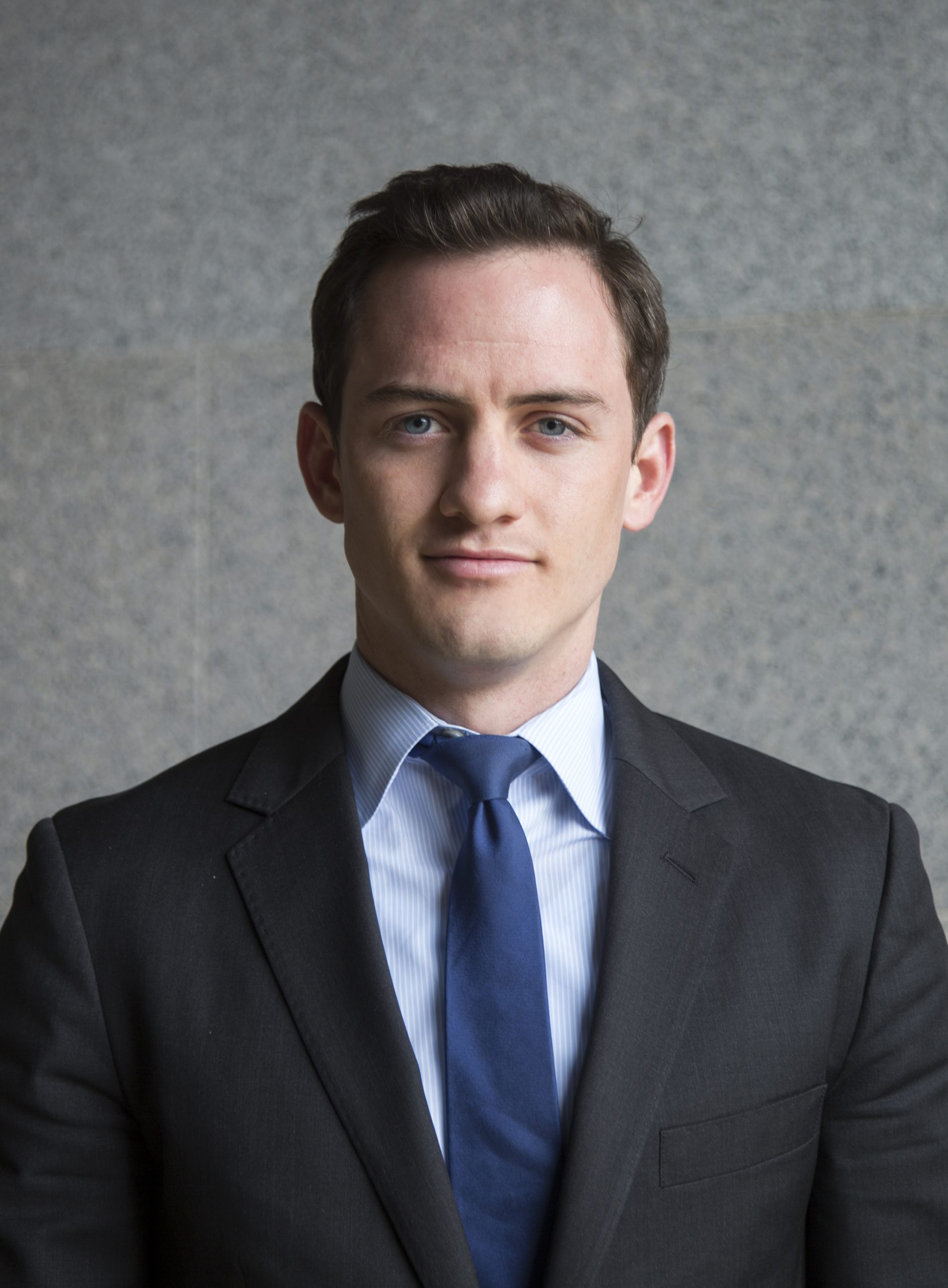Graham Brookie
Graham Brookie is the Atlantic Council’s vice president for technology programs and strategy, as well as the senior director of the Digital Forensic Research Lab (DFRLab), based in Washington, DC.
In his role as vice president, Brookie oversees the Atlantic Council Technology Programs (ACtech)—including DFRLab, the GeoTech Center, the Cyber Statecraft Initiative, the Democracy + Tech Initiative, and a newly formed Capacity Building Initiative. These programs work together to shape an era of increasing geopolitical competition and rapid technological change. The core of ACtech’s approach is technical research that can inform policy and build communities of action. Brookie also oversees the coordination of the Council’s broader technology-related work, investment in expanding expertise, and collaboration across the Council’s sixteen programs and centers.
Brookie joined the Atlantic Council in 2017 and was named director of the DFRLab when it was launched as a center. The DFRLab has distinguished itself as a pioneer in open-source research, working at the intersection of governance, technology, security, and social media. Brookie grew the DFRLab from a start-up to a global leader with over three dozen staff across seventeen countries, a capacity-building practice that has connected and empowered over four thousand emerging experts in over 150 countries, and a policy practice named the Democracy + Tech Initiative, which has shaped how digital technologies are designed, funded, and governed launched in 2019.
Prior to joining the DFRLab, Brookie served in various positions at the White House and National Security Council. His longest role in government was as the adviser to the assistant to the president for homeland security and counterterrorism (APHSCT), the US president’s top aide for cybersecurity, counterterrorism, intelligence, and homeland security issues. His most recent government role was as an adviser for strategic communications with a focus on digital strategy, audience engagement, and coordinating a cohesive record of former US President Barack Obama’s national security and foreign policy. He also worked in the East Asia, Middle East, and North Africa directorates at the National Security Council.
Brookie graduated cum laude with degrees from American University in Washington, DC. He also completed the London School of Economics’ general course. He is a native of Durango, Colorado.


